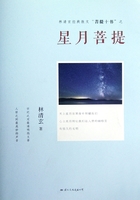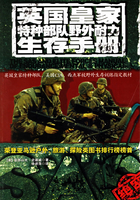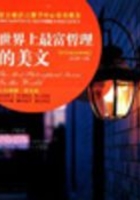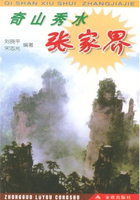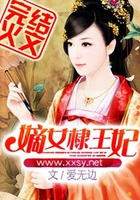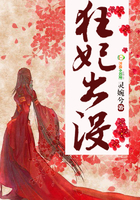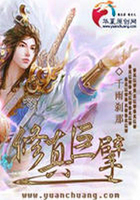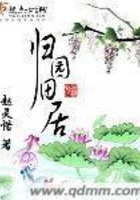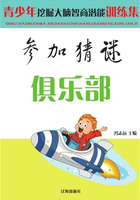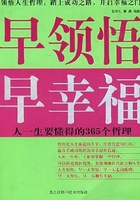Chinese dynasty history begins with the Xia Dynasty (2070 B.C.—1600 B.C.). Yu the Great was the founder, and he was probably the first to prohibit alcoholic drinks. Book of Shang (《尚书》) and Classic of Poetry (《诗经》) contain the earliest sayings related to the morality of drinking alcohol. They say that alcoholic drinkers should keep social morality and they should not indulge in drinking. A chapter entitled Document of Prohibition Against Alcoholic Drinks《酒诰》 in Book of Shang represents Confucian teaching on the morality of alcoholic drinks. It says that alcoholic drinks are not permitted except on occasions when a ceremony is held to worship deities. In addition, people should not gather together just to drink alcohol.
At the beginning of the Western Han Dynasty, Xiao He (萧何), the first prime minister, issued a law that said,“four liang copper penalty will be imposed on a group of three or more who gather to drink without a special reason.”One liang is a unit of weight equal to 50 grams. Throughout times, the prohibition of alcoholic drinks was common. Some were for politic reasons, and some to control of grains. For the most part, grains were used to ferment wine in ancient times, and governments decided whether to lift their ban on the brewing of alcohol or not depending whether or not the grain harvest was bountiful.
Notes:1)prohibition禁止;2)morality道德;3)indulge沉迷于;4)ceremony仪式;5)bountiful慷慨的
7.生产白酒的主要原料是什么?
What is the principal ingredient for strong clear liquors in China?
For centuries, China has been producing a wide range of strong clear liquors. The principal ingredient is gaoliang (高粱), a grain belonging to the sorghum family. China was the first country to distil liquor with sorghum. Sorghum and corn have very similar composition, but sorghum is better than corn for making liquor. Famous sorghum liquors include Maotai (茅台) in Guizhou Province, Fenjiu (汾酒) in Shanxi and other well-known liquors in Sichuan. Maotai is used for toasting at banquets. Drinkers are advised to take Maotai in small sips, and not to drink it on an empty stomach.
Notes:1)sorghum高粱;2)toast举杯为……祝酒;3)stomach胃
8.中国古人饮酒有哪些礼节?
How did Chinese behave when drinking in ancient times?
In ancient China people often followed a formal drinking etiquette. When hosts and guests drank together, they would kneel down face to face and touch the ground with their foreheads. It was the way to respect each other. When junior and senior members drank together, the juniors would first of all kneel down and kowtow, and then they would be seated in order of their positions. The juniors couldn’t drink the wine before the elders. They had to wait until the elders completed their alcohol.
Usually there are four steps in the ancient drinking etiquette:
a. A host and a guest perform a courtesy gesture by kneeling down face to face.
b. The host pours a bit of alcohol down to the ground in appreciation of the kindness of Earth for providing grains and foods.
c. The guest sips alcohol and expresses his/her appreciation of it to the host.
d. At last, both the host and guest take up their cups and drink the alcohol.
Notes:1)etiquette礼仪;2)kneel down跪下;3)courtesy礼貌;4)appreciation感谢
9.在宴会上饮酒有哪些礼节?
How do Chinese behave when drinking at a banquet?
At a banquet, it is not polite to drink wine or liquor by oneself. Hosts and guests usually exchange toasts and speeches. Liquor may be served for toasts. Beer and soft drinks are also available for the same purpose. At the beginning of a banquet, the host is likely to make a short speech to welcome the guests and propose a toast in their honor. At this time, the guests need only accept these gestures graciously.
Generally after two or three dishes have been served, guests will respond to the toasts. Other individuals on the host’s side normally take the lead in toasting guests seated closest to them. These toasts may involve only two people or everyone at the table. When there is more than one table, the host, after his opening remarks, will often go to each additional table to toast each individual. The chief guest is expected to follow this same custom.
Towards the end of the meal, the senior guest should give a return speech of gratitude for the hospitality and propose an appropriate toast. Usually before the meal ends, the host thanks the guests for coming or offers a final toast. As a rule, toasts are necessary at banquets. If you really can’t drink, you can fill your wine glass with tea instead. If you happen to be the“object”of numerous toasts, it is perfectly acceptable, moreover, to raise your glass to your lips and lick the wine lightly.
Notes:1)gesture举止;2)graciously优雅地;3)additional另外的;4)gratitude感谢;5)lick舔
10.现在饮酒有哪些礼节?
Nowadays how do Chinese behave when drinking?
Traditionally, Chinese drink wine only when eating. It is believed that alcohol should be consumed slowly to enhance the pleasure. Drinking in China has long been associated, moreover, with establishing new friendships or personal, political or business relations. When drinking, Chinese often play drinking games. The goal is not to get drunk, but for fun. The aim is to heighten drinking atmosphere. Typically, Chinese do not frequent western-style bars, and public drunkenness rouses look of disapproval and displeasure from others.
At a friendly meal or dinner party, the host is permitted to merely sip his or her drink—or not drink at all—in order to stay sober and properly manage the party. Hosts may also choose to join their guests in drinking if they are still able to take care of the banquet’s duties.
Ganbei (干杯) is a popular toast term in China, which means“empty your glass”or“bottom up.”Guests may respond to the host by calling for a ganbei toast. Women, particularly if they are not important guests of the party, are generally excused from the ganbei ritual. Of course if the host or some other party member proposes a“sip”toast, anyone in the party can still go“bottoms up.”When toasted, it is especially polite to follow suit, usually during the banquet. Drinking in China expresses interest or pleasure during the dinner party, but also demonstrates prowess, particularly among males.

